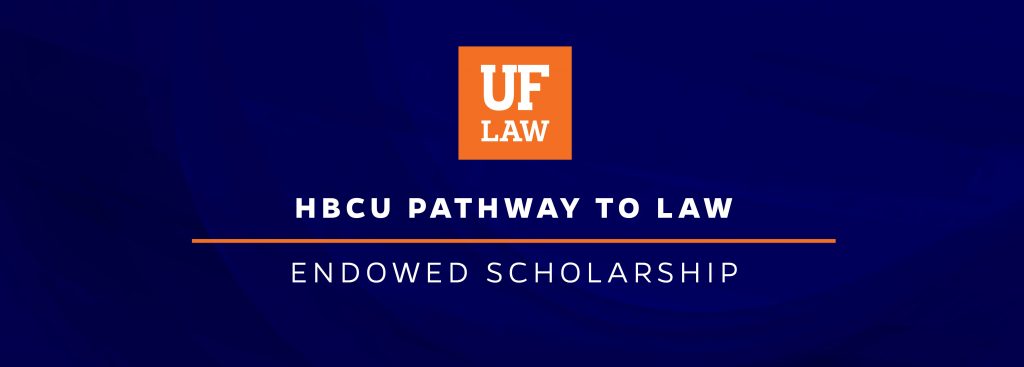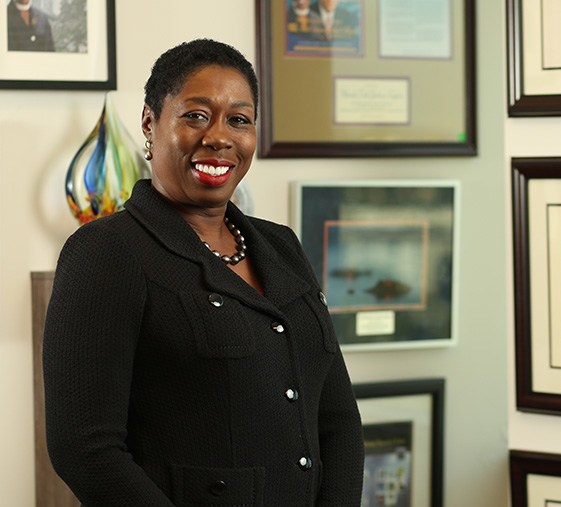get these nets
Veteran

UF Law Announces HBCU Pathway to Law Endowed Scholarship

YOLANDA CASH JACKSON
August 24, 2020 – Ft. Lauderdale, FL – Becker, a multi-practice commercial law firm with attorneys, lobbyists, and other professionals at offices throughout the East Coast, announced that Management Committee Member and Government Relations Shareholder Yolanda Cash Jackson created The University of Florida Levin College of Law’s (UF Law) largest endowed scholarship fund.
Ms. Jackson, who received her J.D. from UF Law in 1990, had long envisioned a program designed to recruit the academically talented graduates from Historically Black Colleges and Universities (HBCUs) to UF Law. With Ms. Jackson’s initial gift plus other alumni contributions in the Spring of 2020, the HBCU Pathway to Law fund quickly surpassed $100,000 in commitments.
As the country mourned the passing of civil rights icon John Lewis in July, Sarasota developer Hugh Culverhouse donated $1,000,000 to the new scholarship fund in Lewis’s memory.
The HBCU Pathway to Law fund will help UF Law enroll at least five HBCU graduates annually with full tuition scholarships. These students will be known as John Lewis Scholars and receive enhanced engagement opportunities with the UF Law Black Alumni network. UF Law will undertake a year-long campaign to match the Culverhouse gift and grow the fund to $2,000,000 before 2022.
Ms. Jackson said, “Hugh and I hope that our donations will motivate additional contributions from UF Law alumni, friends of the law school, law firms, bar associations, corporate entities and charitable foundations in honor of John Lewis and the strong traditions of America’s HBCUs.”
“My donation honors John Lewis’ commitment to fighting social injustice which began with lunch counter sit-ins and the original Freedom Rides. I’m hoping that the new John Lewis Scholars will use their legal education to continue his struggle for social justice,” explained Hugh Culverhouse.
Becker’s Government Relations team has represented HBCUs at the state and federal level for over ten years including successfully obtaining historical levels of funding for private Florida HBCUs during the past legislative session.
==================
@MarciknoW your fellow Bahamian put it together
Last edited:




